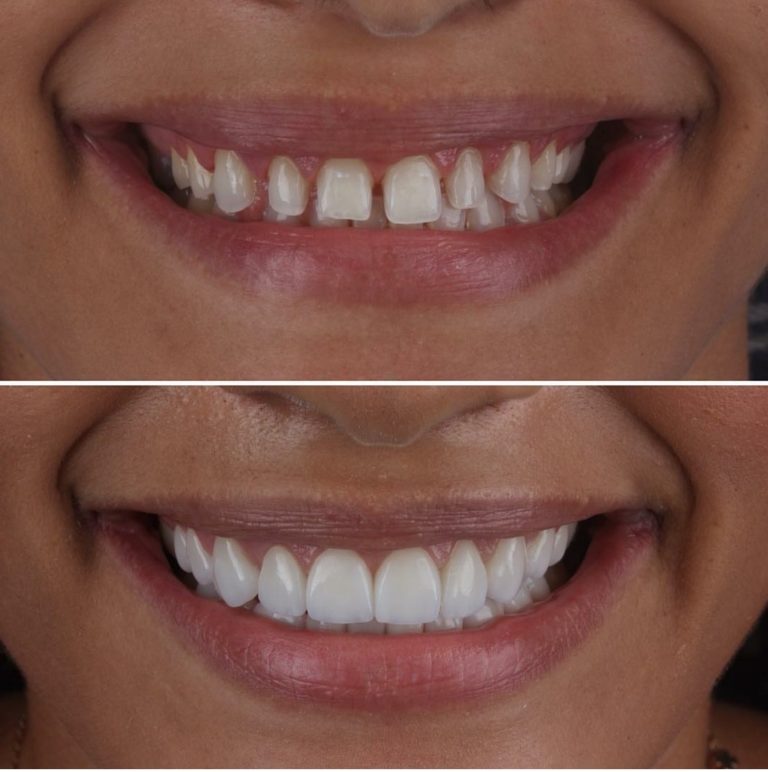Teeth Sensitivity Pregnancy
The joys of pregnancy - a time of profound change and transformation for the body. While many women eagerly anticipate the arrival of their little one, they may also experience a range of unexpected physical sensations, including teeth sensitivity. Yes, you read that right - teeth sensitivity during pregnancy is a common complaint, affecting up to 40% of expectant mothers. But what causes this phenomenon, and more importantly, how can you alleviate the discomfort?
Hormonal Havoc: The Primary Culprit
During pregnancy, the body undergoes a significant shift in hormone levels, particularly the increase in estrogen and progesterone. These hormonal fluctuations can affect the teeth and gums in several ways, leading to sensitivity. Estrogen, in particular, plays a crucial role in this process. It can cause the blood vessels in the gums to become more permeable, leading to increased blood flow and inflammation. This, in turn, can expose the dentinal tubules - tiny channels that connect the pulp to the outer layer of the tooth - making them more susceptible to stimulation and, consequently, sensitivity.
Other Contributing Factors
While hormonal changes are the primary cause of teeth sensitivity during pregnancy, several other factors can exacerbate the condition:
- Gingivitis and Periodontal Disease: Pregnancy hormones can also increase the risk of gingivitis and periodontal disease, which can lead to sensitive teeth.
- Tooth Decay and Erosion: The increased acidity in the mouth during pregnancy can contribute to tooth decay and erosion, making teeth more sensitive.
- Bruxism and Clenching: Stress and anxiety during pregnancy can lead to teeth grinding and clenching, which can put additional pressure on the teeth and cause sensitivity.
- Dietary Changes: Pregnant women may experience changes in their diet, such as increased consumption of acidic foods and drinks, which can contribute to tooth sensitivity.
Managing Teeth Sensitivity During Pregnancy
The good news is that teeth sensitivity during pregnancy is often temporary and can be managed with a few simple strategies:
- Desensitizing Toothpaste: Using a toothpaste specifically designed for sensitive teeth can help block the dentinal tubules and reduce sensitivity.
- Good Oral Hygiene: Maintaining good oral hygiene practices, such as brushing and flossing regularly, can help prevent gingivitis and periodontal disease.
- Dietary Changes: Avoiding acidic foods and drinks, and opting for a balanced diet rich in calcium and vitamins, can help strengthen teeth and reduce sensitivity.
- Professional Cleanings: Regular dental cleanings can help remove plaque and tartar, reducing the risk of gingivitis and periodontal disease.
- Relaxation Techniques: Practicing relaxation techniques, such as deep breathing or meditation, can help reduce stress and anxiety, which can contribute to teeth grinding and clenching.
Frequently Asked Questions
Is teeth sensitivity during pregnancy a sign of a more serious issue?
+While teeth sensitivity during pregnancy can be uncomfortable, it's not typically a sign of a more serious issue. However, if you experience persistent or severe sensitivity, it's essential to consult with your dentist to rule out any underlying conditions.
Can I use desensitizing toothpaste during pregnancy?
+Yes, desensitizing toothpaste is generally safe to use during pregnancy. However, it's always best to consult with your dentist or healthcare provider before using any new products, especially if you have any underlying medical conditions or concerns.
Will teeth sensitivity during pregnancy affect my baby's health?
+Teeth sensitivity during pregnancy is not typically a cause for concern for your baby's health. However, it's essential to maintain good oral hygiene practices and regular dental check-ups to ensure your overall health and well-being, which can indirectly benefit your baby's health.
In conclusion, teeth sensitivity during pregnancy is a common phenomenon caused by hormonal fluctuations and other contributing factors. By understanding the causes and implementing simple management strategies, you can alleviate the discomfort and maintain good oral health throughout your pregnancy. Remember, it’s always best to consult with your dentist or healthcare provider if you experience persistent or severe sensitivity, as they can provide personalized advice and care to ensure your overall well-being.


